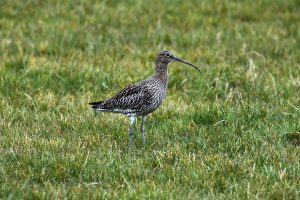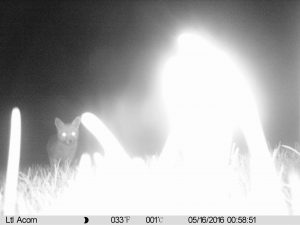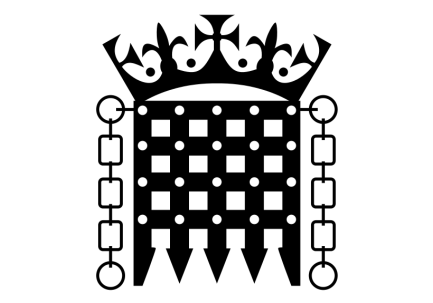On Tuesday 17th October Richard Benyon, MP for Newbury, initiated a debate on Lowland Curlew. Below are some of the key points brought up during the 30 minute debate.
- At the current rate of loss, Curlew will disappear from Southern England within the next 8 years.
- The main cause for this decline is the failure to produce fledged young, primarily due to predation.
- There is a failure of existing conservation approaches to make tough
 decisions, and the national approach does not work well enough.
decisions, and the national approach does not work well enough. - Regulation cannot deliver success on its own.
- If we want to increase curlew numbers, predation control needs to be part of the conservation effort, alongside habitat management.
- Many studies have taken place that highlight the decline in Curlew, now it is time to take action.
- There is a need to empower farmers, not criticise, so that they may pool their resources and deliver conservation for curlew.
- When a species is threatened we have to treat all animals in the same way and try to maintain the balance of nature.
- Land managers and farmers need to be given the support and practical tools needed to take action.
- The Government are committed to reversing the declines in bird populations, including Curlew and other waders.
- The international action plan for the species, which was adopted two years ago, sets out long term goals for curlew to be assessed as ‘least concern’ by 2020.
- In the short term, the plan aims to stabilise the breeding population declines, improve knowledge on their conservation and status, and for any hunting activity to be sustainable.
- Predator control needs to be effective and not lead to the predators themselves becoming extinct.
- Farmers are paid according to the suitability of habitat they provide, but they can undertake predator control.
The debate concluded with a statement from the Parliamentary Under Secretary of State for Environment, Food and Rural Affairs, Dr Coffey;
“I am genuinely grateful to my right hon. Friend for raising this issue. He will be aware, from his time as a Minister, that in a portfolio as wide as the natural environment, it often does take debates to get some focus on a particular topic. He has passionately set out why we need effective action, and I agree. That is why I will be asking Natural England and policy officials from the Department for Environment, Food and Rural Affairs to include the use of predator control in all current and future projects that we fund. It is important to me that it is at least considered, and that reasons are given for why it is or—equally importantly—why it is not included in a particular scheme.
My right hon. Friend will understand that we need to undertake an appropriate mix of actions, including protecting important sites, working with farmers and other land managers to manage these habitats carefully, and targeting legal predator control to halt, and then reverse, the decline of this iconic species. The curlew is too important to be lost from our world’s biodiversity. As I set out earlier, our actions matter because a substantial proportion of these birds winter or breed in the United Kingdom. We need to make this a success, so that England and lowland curlew can continue to have the bright future for which my right hon. Friend hopes.”
The full account is available to read here.
Back to Curlew County Blog Posts here…

